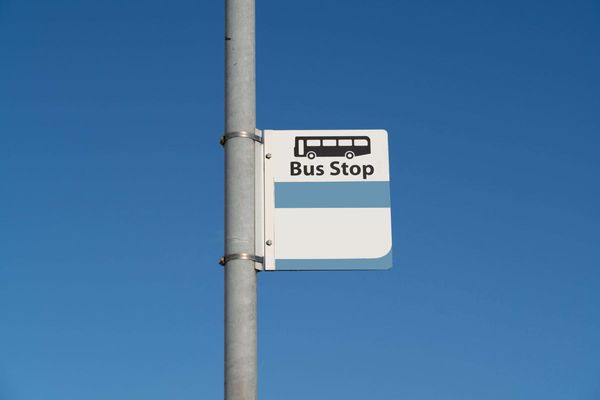
Car manufacturer recalls happen all the time, and they’re usually just annoying.
But while they mostly result in an inconvenience to the owners who have to bring their cars to the dealership for a free fix, these safety defects can be devastating for the people who discover them--that is, anyone who happens to get into an accident in a car with a faulty seat belt or improperly attached seat.
Recalls occur when a car maker or the National Highway Traffic Safety Administration determines that a vehicle, its equipment, car seat, or tire creates some sort of unreasonable safety risk or fails to meet minimum safety standards.
Just in April, Subaru recalled about 4,400 new Ascent SUVs because their tires may have been damaged when mounted to the wheels, potentially causing the tires to blow out during use, according to KBB.com. And BMW recalled 235 of their X5 SUVs because the second-row headrests may be missing a locking tab and might not protect passengers in an accident. Also in April, Chevrolet asked owners of certain medium duty trucks to park outside because flammable brake fluid can seep out onto an electrical component, potentially causing a short circuit and a vehicle fire.
Manufacturers are required to fix the problem by repairing it, replacing it, offering a refund, or in rare cases repurchasing the vehicle, according to the NHTSA.
Some of the deadliest defects in history range from the Ford Bronco II of the 1980s with rollover issues, (it would tip onto two wheels at speeds as low as 20 mph) that killed at least 260 people, to Toyotas (TM) with stuck gas pedals, which killed 89 people. Exploding Takata airbags affected some 65–70 million vehicles.
To determine which cars may be least likely to be recalled, iSeeCars.com, a car search and research site, analyzed vehicle safety recall campaigns as of April 7, 2023 from the NHTSA for cars from model years 2014-2023. The number of campaigns for each model was aggregated and projected for an expected 30-year lifespan, taking into account the overall behavior of the automaker and when each recall campaign was issued in the car’s lifetime.
They used the resulting estimates to rank models with the fewest and most expected safety recalls and to compare them with the overall average number of recalls for cars, which is 4 according to the study.
Here are the 25 cars least likely to be recalled, followed by the five models most likely to be recalled.
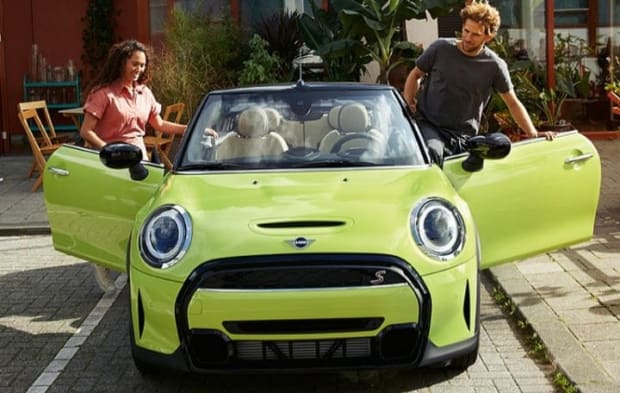
25 Cars Least Likely to Be Recalled
1. MINI Convertible
- Expected 30-year lifetime recalls: 0.2
- Compared to overall average: 0.05x
The Mini Convertible tops the list of those projected to experience one or fewer recalls over the course of their lifespan.
Heavy-duty vehicles, low-volume models, and models discontinued prior to the 2020 model year were excluded from the analysis.
MINI
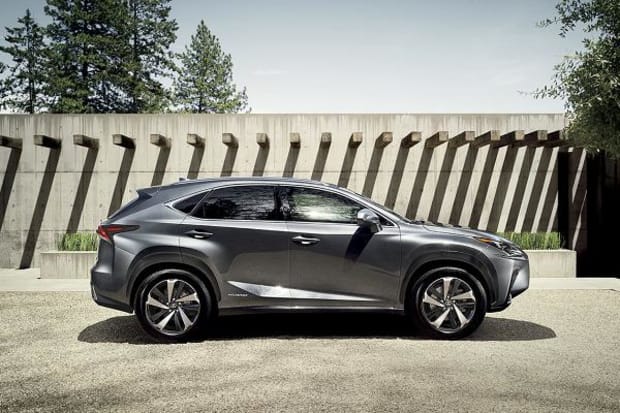
2. Lexus NX 300h
- Expected 30-year lifetime recalls: 0.3
- Compared to overall average: 0.08x
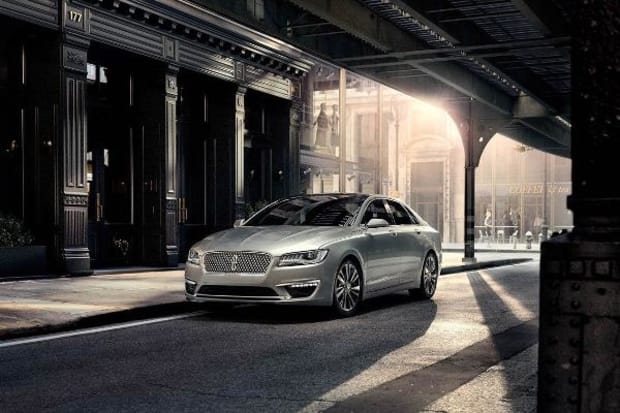
3. Lincoln MKZ Hybrid
- Expected 30-year lifetime recalls: 0.5
- Compared to overall average: 0.13x

4. Mercedes-Benz CLA
- Expected 30-year lifetime recalls: 0.5
- Compared to overall average: 0.13x
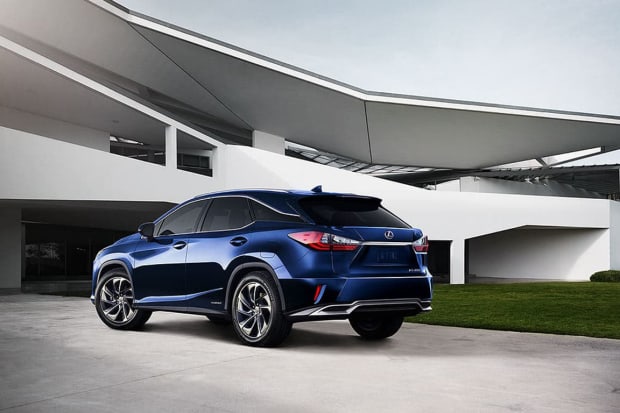
5. Lexus RX 450h
- Expected 30-year lifetime recalls: 0.5
- Compared to overall average: 0.13x
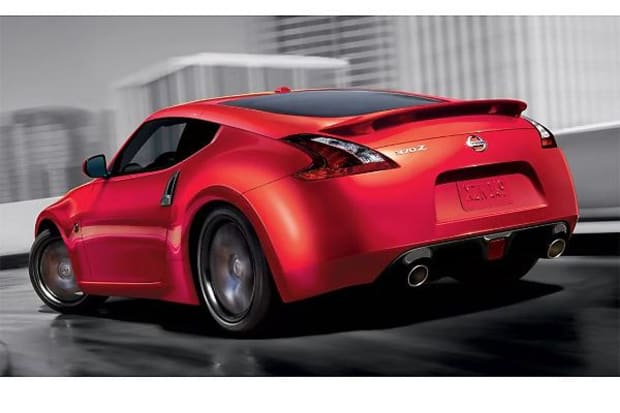
6. Nissan 370Z
- Expected 30-year lifetime recalls: 0.5
- Compared to overall average: 0.13x

7. Hyundai Elantra GT
- Expected 30-year lifetime recalls: 0.6
- Compared to overall average: 0.15x

8. Mercedes-Benz GLA
- Expected 30-year lifetime recalls: 0.6
- Compared to overall average: 0.15x
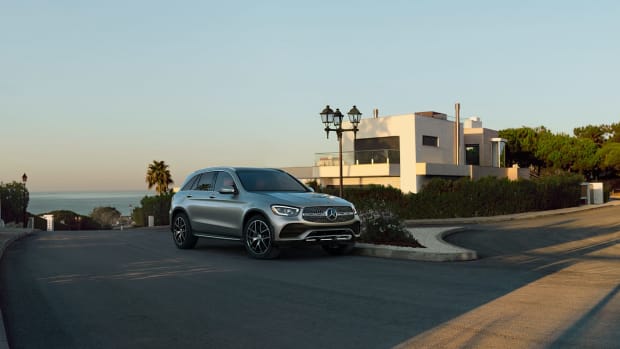
9. Mercedes-Benz GLC
- Expected 30-year lifetime recalls: 0.7
- Compared to overall average: 0.18x
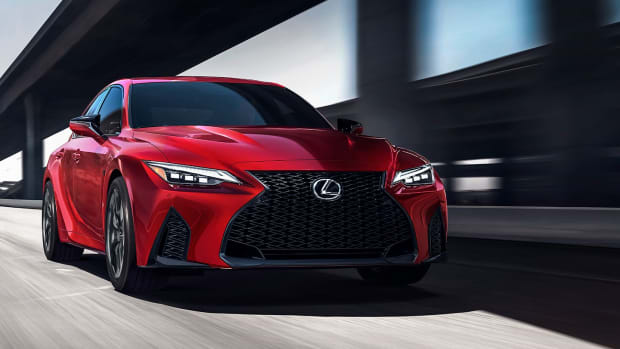
10. Lexus IS 300
- Expected 30-year lifetime recalls: 0.7
- Compared to overall average: 0.18x
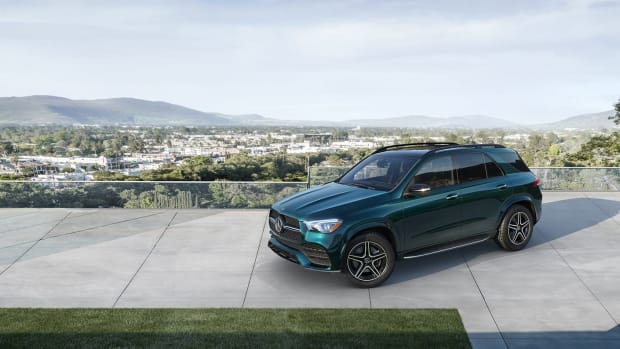
11. Mercedes-Benz GLE
- Expected 30-year lifetime recalls: 0.7
- Compared to overall average: 0.18x
Mercedes-Benz USA
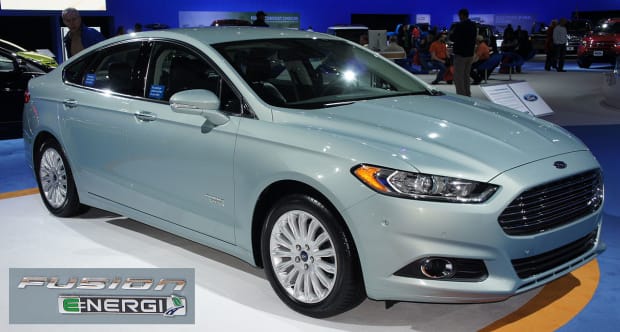
12. Ford Fusion Energi
- Expected 30-year lifetime recalls: 0.7
- Compared to overall average: 0.18x
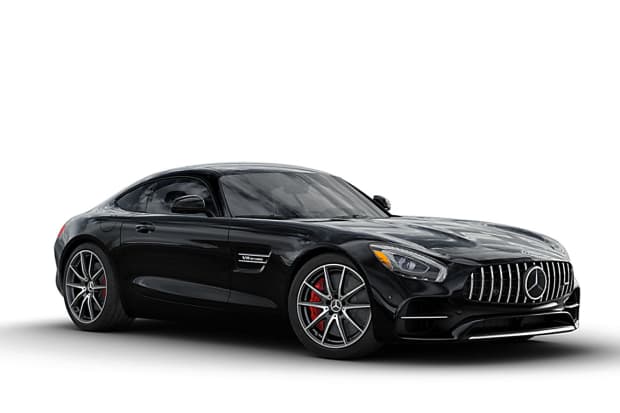
13. Mercedes-Benz AMG GT
- Expected 30-year lifetime recalls: 0.7
- Compared to overall average: 0.18x
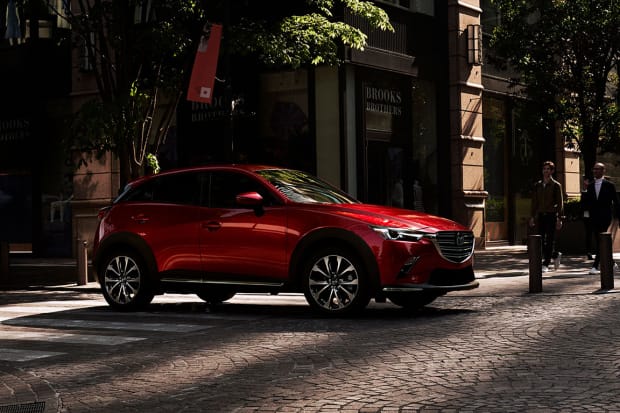
14. Mazda CX-3
- Expected 30-year lifetime recalls: 0.7
- Compared to overall average: 0.18x
Mazda
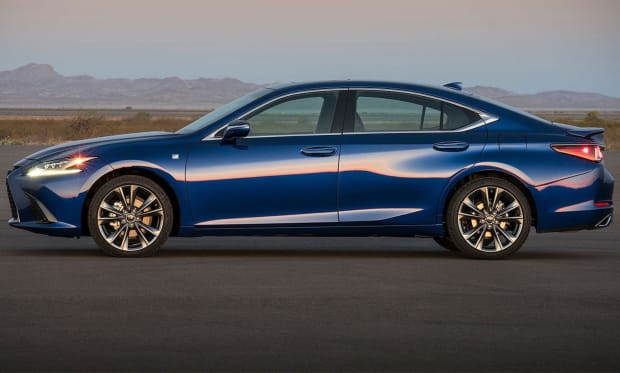
15. Lexus ES 300h
- Expected 30-year lifetime recalls: 0.8
- Compared to overall average: 0.20x
Lexus

16. Kia Rio 5-Door
- Expected 30-year lifetime recalls: 0.8
- Compared to overall average: 0.20x
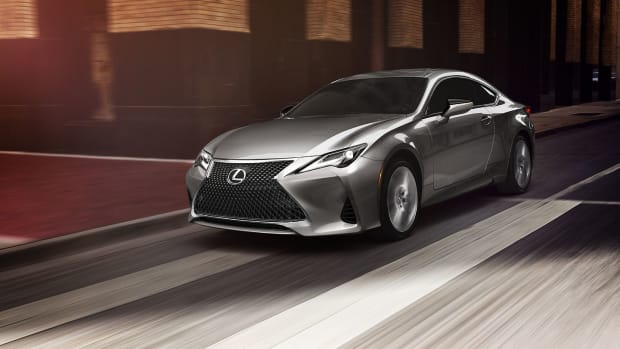
17. Lexus RC 350
- Expected 30-year lifetime recalls: 0.8
- Compared to overall average: 0.20x

18. Mercedes-Benz GLB
- Expected 30-year lifetime recalls: 0.9
- Compared to overall average: 0.23x
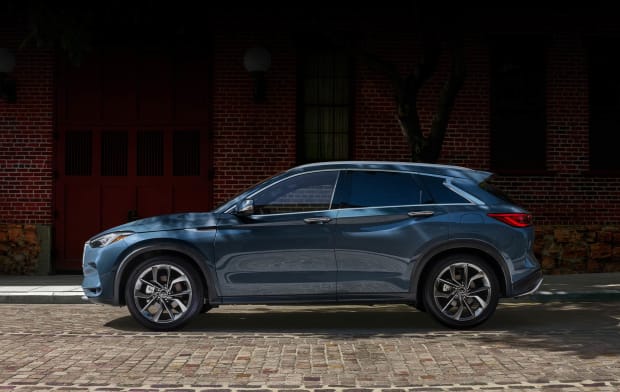
19. Infiniti QX50
- Expected 30-year lifetime recalls: 0.9
- Compared to overall average: 0.23x
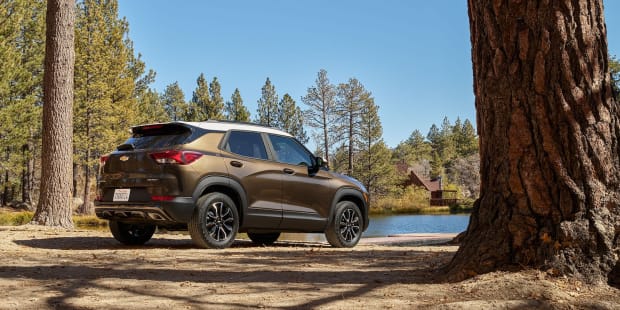
20. Chevrolet TrailBlazer
- Expected 30-year lifetime recalls: 0.9
- Compared to overall average: 0.23x
Chevrolet

21. Mercedes-Benz S-Class
- Expected 30-year lifetime recalls: 0.9
- Compared to overall average: 0.23x
Mercedes-Benz
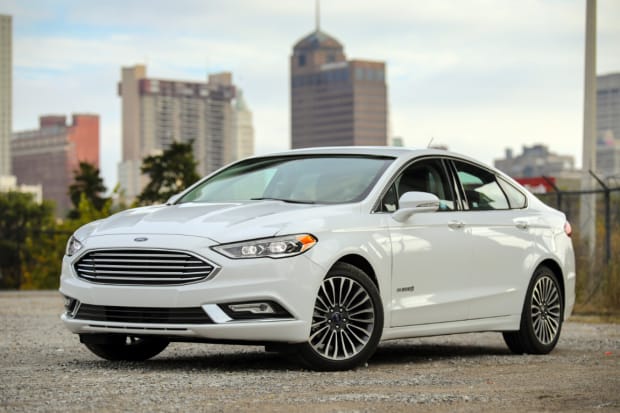
22. Ford Fusion Hybrid
▪ Expected 30-year lifetime recalls: 0.9
▪ Compared to overall average: 0.23x
Shutterstock
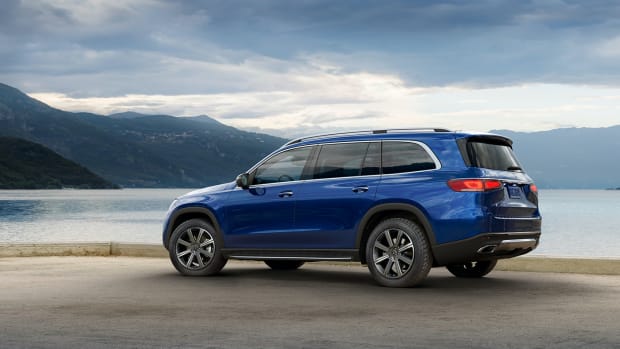
23. Mercedes-Benz GLS
- Expected 30-year lifetime recalls: 0.9
- Compared to overall average: 0.23x
Mercedes-Benz USA
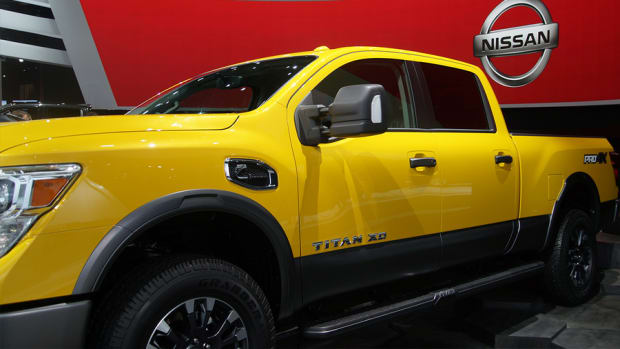
24. Nissan Titan XD
- Expected 30-year lifetime recalls: 0.9
- Compared to overall average: 0.23x
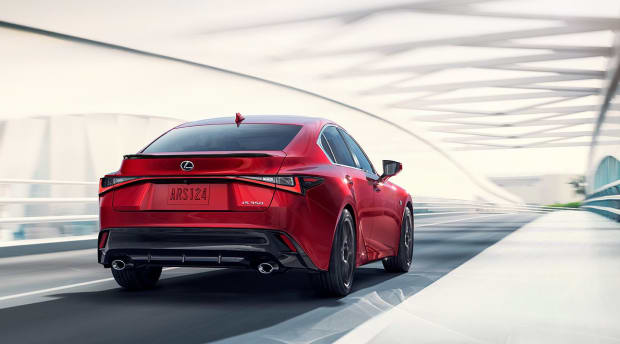
25. Lexus IS 350
- Expected 30-year lifetime recalls: 1.0
- Compared to overall average: 0.25x
Mercedes-Benz, Lexus, and Toyota are the most prominent brands on the list of cars projected to experience one or fewer recalls over the course of their lifespan.
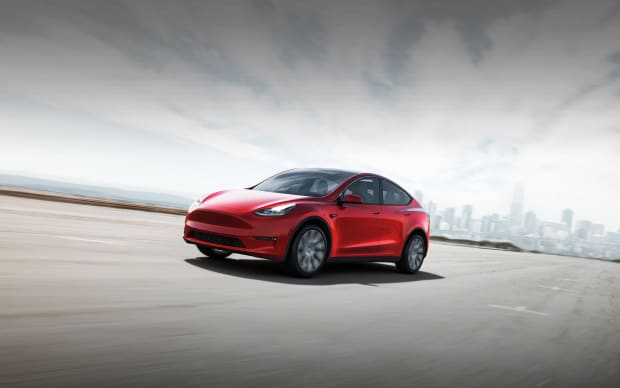
The Cars Most Likely to Be Recalled
These cars are projected to have at least 10 recalls over a 30-year lifespan.
1. Tesla Model Y
- Expected 30-year lifetime recalls: 62.4
- Compared to overall average: 15.60x
Tesla
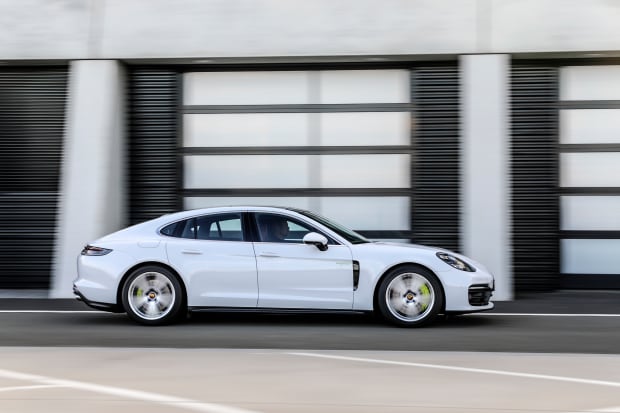
2. Porsche Panamera
- Expected 30-year lifetime recalls: 61.8
- Compared to overall average: 15.45x

3. Tesla Model 3
- Expected 30-year lifetime recalls: 56.8
- Compared to overall average: 14.2x

4. Tesla Model X
- Expected 30-year lifetime recalls: 27.3
- Compared to overall average: 6.83x
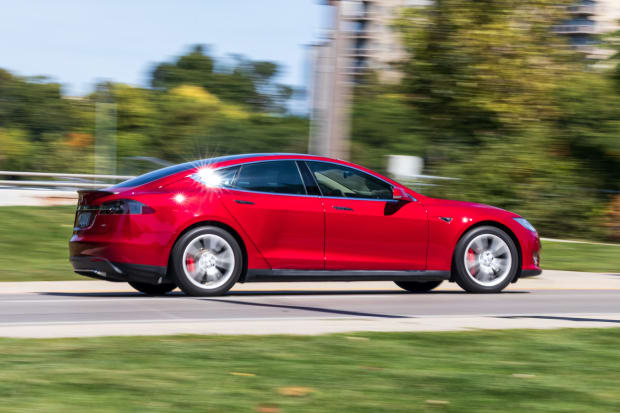
5. Tesla Model S
- Expected 30-year lifetime recalls: 26.4
- Compared to overall average: 6.60x
According to iSeeCars, Tesla’s ability to enact over-the-air updates suggests at least some portion of its recalls won’t involve service center visits. Beyond these five, BMW and Jeep make the list three times, while Ford, Lincoln, Ram, and Volkswagen show up twice. Chevrolet and Kia each have one model on the list. See the full ranking at iSeeCars.com.
You can check your car for recalls at the NHTSA.



